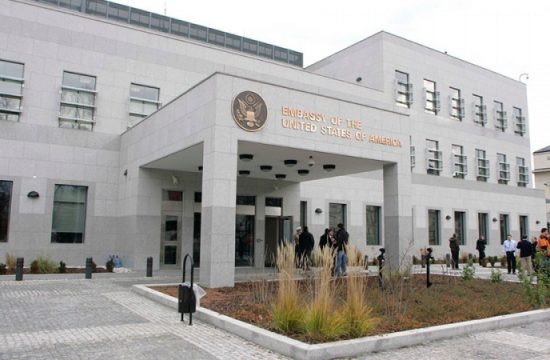Serb member of Bosnia’s tripartite Presidency Mladen Ivanic said he had no reason not to believe in his victory in this year’s election, in the run for Serb member of Bosnia’s tripartite Presidency.
Speaking for N1, Ivanic said he could easily win against his main opponent, Milorad Dodik, current President of the Republika Srpska (RS), Bosnia’s Serb-dominated entity.
“I think I did my part of work fairly, and I’m ready to do the same the next four years if I win votes,” said Ivanic.
Four years ago, Ivanic won the election against his main opponent Zeljka Cvijanovic, the candidate of the Alliance of Independent Social Democrats (SNSD), the party led by Dodik.
Ivanic expects a “dirty” campaign. “I am used to it. I have been on the other side for all these years, we’ve always had different views. I went through techniques of a dirty campaign,” said Ivanic, adding that he would not use “dirty games” and would try to answer the provocations directly.
Bosnian citizens will cast their vote on October 7 and will elect the members of Bosnia's tripartite Presidency, members of state and entity parliaments as well as cantonal assemblies’ members. Political parties have been announcing names of their candidates, as the deadline for that expires in mid-June.
According to Ivanic, he caused no conflict in the Presidency over the past term of office and he always supported a compromise.
Commenting the failed attempts of amending the electoral legislation in Bosnia and Herzegovina, he noted that it would not be realistic to expect “magic wand” kind of intervention of the international community in this case.
Foreign ambassadors in Bosnia engaged as mediators in political talks on changes to the Election Law, after the leaders repeatedly failed to reach an agreement on how would the Constitutional Court’s decisions treating the election in the House of Peoples be implemented. The Court ruled in 2016 that some provisions of the Election Law were inconsistent with the state Constitution, but competent institutions failed to act within the set timeframe and amend the disputable parts of the law.
“The public should exert pressure on domestic politicians to solve that issue,” underlined Ivanic.



